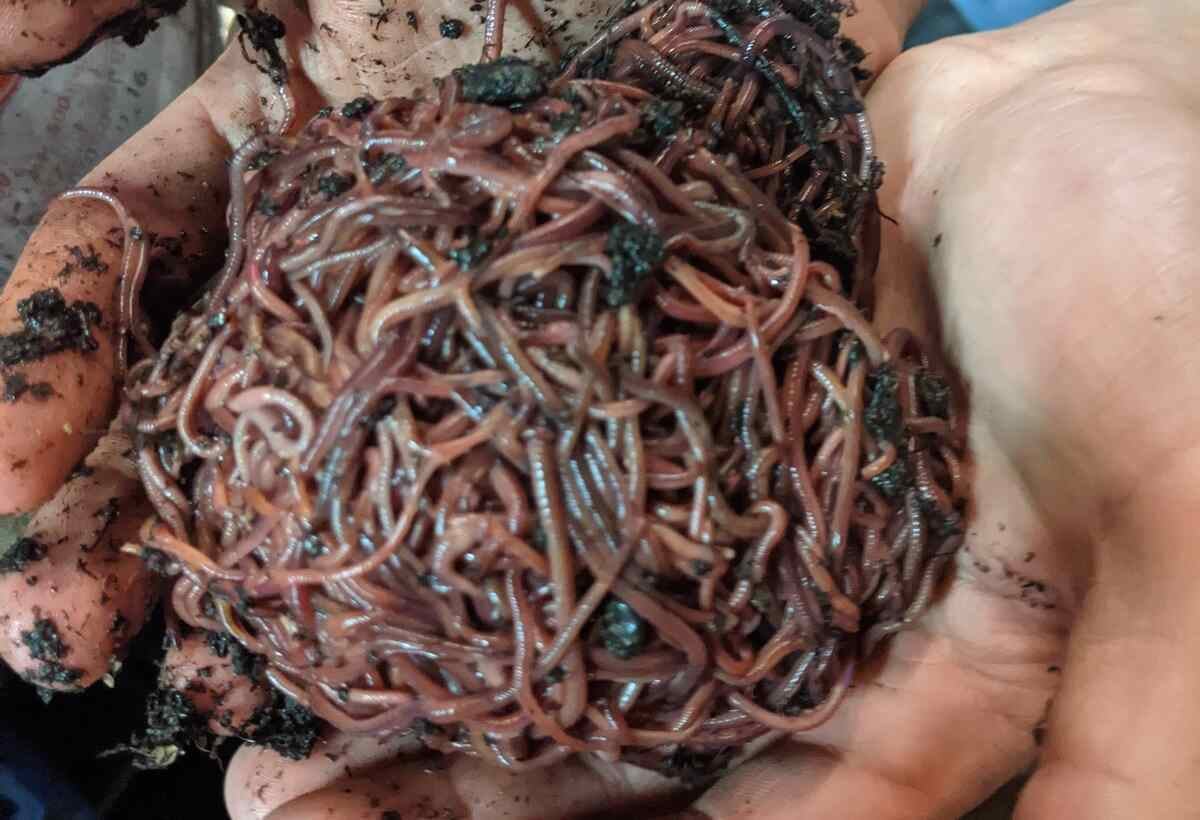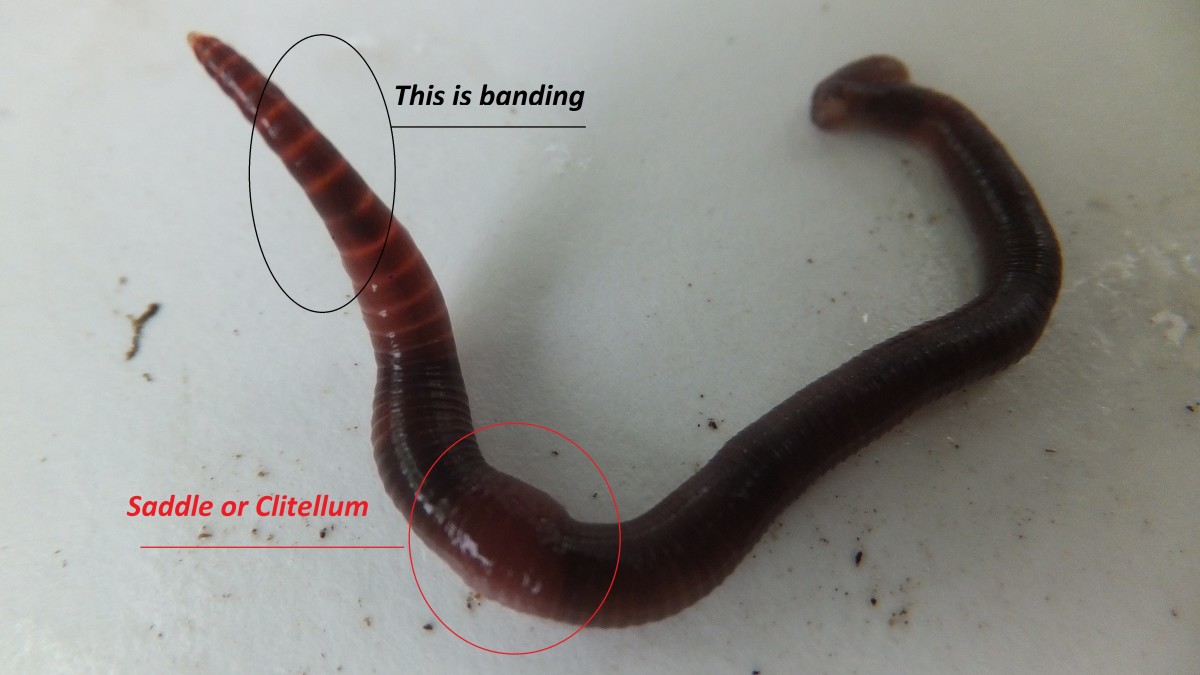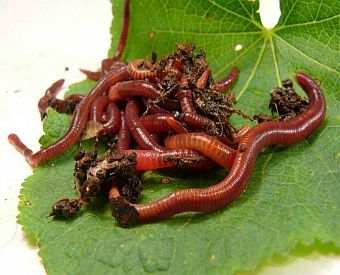Acquire Red Wiggler Worms Online - Practical and Quick Delivery
Red Wiggler Worms Demystified: Unlocking the Secrets of Vermiculture for Greener Living and Nutrient-Rich Dirt
In the world of lasting practices for improving soil top quality and advertising eco-conscious living, red wiggler worms play a crucial yet typically ignored role. These humble animals possess the remarkable capacity to change organic waste right into nutrient-rich castings that act as a powerful natural fertilizer. By diving right into the world of vermiculture, one can reveal a wide variety of benefits that prolong far beyond standard composting methods. Understanding the details of taking care of these worms, maximizing their atmosphere, and harnessing their spreadings can cause a greener lifestyle and much healthier soil for plants to flourish.
The Duty of Red Wiggler Worms
Red Wiggler worms play an essential role in composting systems by effectively damaging down raw material right into nutrient-rich castings. These ravenous eaters consume a range of natural materials, such as kitchen area scraps, backyard waste, and paper items. As they feed, the worms' digestion procedures break down the raw material right into a fine, dark, and nutrient-dense material called worm spreadings or vermicompost.
The spreadings produced by Red Wiggler worms are extremely advantageous for soil wellness and plant development. They are rich in crucial nutrients like nitrogen, potassium, and phosphorus, which are crucial for sustaining healthy and balanced plant development. Additionally, worm castings include valuable microbes and enzymes that aid boost soil structure, increase water retention, and enhance nutrient uptake by plants.
Benefits of Vermicomposting

Additionally, vermicompost, the nutrient-rich final result of vermicomposting, works as an exceptional organic plant food and dirt conditioner. It improves dirt structure, improves dirt aeration, and increases dirt moisture retention. These residential or commercial properties add to much healthier plants with stronger origin systems and much better resistance to conditions and insects. Vermicompost also improves the dirt with necessary nutrients like potassium, nitrogen, and phosphorus, promoting plant growth and total dirt fertility.
Additionally, vermicomposting assistances sustainable horticulture techniques by giving a chemical-free and natural choice to synthetic plant foods. Red Wiggler Worms. This eco friendly approach not just enriches the dirt but also helps in reducing dependence on unsafe chemicals, advertising a greener and much more sustainable method of horticulture
Establishing a Worm Container
When establishing a worm bin for vermicomposting, proper configuration is critical to make certain the success of the composting process. The first action in setting up a worm container is choosing an appropriate container.
After including the bed linen, present the red wiggler worms to the container. It is recommended to begin with a handful of worms and gradually enhance as they increase. The worms must after that be provided with food scraps such as vegetables and fruit peels, coffee grounds, and eggshells. It is necessary to avoid adding meat, milk, oily, or salty foods to avoid drawing in parasites and producing unpleasant smells.
On a regular basis keep track of the wetness levels and temperature level in the worm container to ensure optimum problems for the worms. With correct configuration and upkeep, the worm bin will successfully convert organic waste into nutrient-rich garden compost for your plants and yard.
Collecting Worm Castings
To successfully gather nutrient-rich worm castings from your next page vermicomposting system, an organized harvesting technique is essential. When it comes time to gather the worm spreadings, there are a couple of crucial actions to comply with to make certain a successful procedure. Quit adding fresh food scraps to one side of the worm bin for a couple of weeks before collecting. This urges the worms to move to the side with fresh bed linens and food, making it easier to dig the castings from the opposite.

Troubleshooting Common Issues
Identifying and attending to usual obstacles that may arise throughout the vermicomposting process is crucial for keeping a healthy and balanced and productive worm container. Adding excess food scraps can lead to a buildup of wetness and level of acidity in the worm bin, possibly harming the worms. An additional problem is undesirable odors rising from the worm bin.
Additionally, if the worm populace is decreasing or the worms appear harmful, maybe due to ecological stressors such as extreme temperatures or pH degrees. Checking these elements and making click now required changes is crucial for the wellness of the worms. By repairing these common concerns promptly, vermicomposters can make certain a smooth and successful vermicomposting process while keeping a flourishing worm populace.

Final Thought
Finally, red wiggler worms play a critical function in vermiculture by breaking down organic matter into nutrient-rich soil. The advantages of vermiculture consist of greener living and enhanced soil high quality. Establishing a worm bin is vital for effective vermiculture, and collecting worm castings supplies beneficial compost for gardening. By comprehending and fixing common problems, people can open the keys of vermiculture for lasting living and healthier dirt.
As they feed, the worms' digestion processes break down the natural issue into a penalty, dark, and nutrient-dense product known as worm spreadings or vermicompost.
The spreadings created by Red Wiggler worms are highly advantageous for soil wellness and plant development. Including excess food scraps can lead to a buildup of dampness and acidity in the worm bin, possibly harming the worms.In addition, if the worm population is declining or the worms show up harmful, it might be due to environmental stressors such as severe temperatures or pH levels. Setting up a worm container is crucial for effective vermiculture, and harvesting worm spreadings offers go valuable garden compost for horticulture.